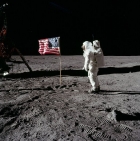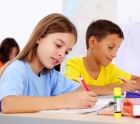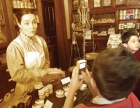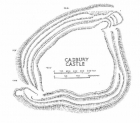Local History
Local history helps children make sense of their immediate world. However, it is not just a case of bombarding them with local facts. Good local history involves enquiries that allow children to investigate drawing on their previous historical knowledge and understanding. It allows them to use interesting local sources including pictorial, artefacts and written and to link with national and even international history.
-

Implementing the 2014 curriculum in Year 2
ArticleClick to view -

Chronology: Developing a coherent knowledge
ArticleClick to view -

Curriculum planning: How to write a new scheme of work for history
ArticleClick to view -

Churches as a local historical source
ArticleClick to view -

Museums, schools and creativity: How learning can be enhanced
ArticleClick to view -

Geosong: a transition project
ArticleClick to view -

Case Study: Hit the net!
ArticleClick to view -

Using museums, libraries and art galleries
ArticleClick to view -

William Brookes and the Olympic Games
ArticleClick to view -

Shropshire's Secret Olympic History
ArticleClick to view -

Local History and the 2012 Olympics
ArticleClick to view -

The History around us: Local history
ArticleClick to view -

Doing history in the early years and foundation stage
ArticleClick to view -

'Doing Local History' through maps and drama
ArticleClick to view -

Introducing local history: the Fusehill Workhouse Project
ArticleClick to view -

Planning for local history
ArticleClick to view -

A Local History Toolkit
ArticleClick to view -

Local history fieldwork
ArticleClick to view -

Pride in place: What does historical geographical and social understanding look like?
ArticleClick to view -

Case Study: Working with gifted and talented children at an Iron Age hill fort in north Somerset
ArticleClick to view

